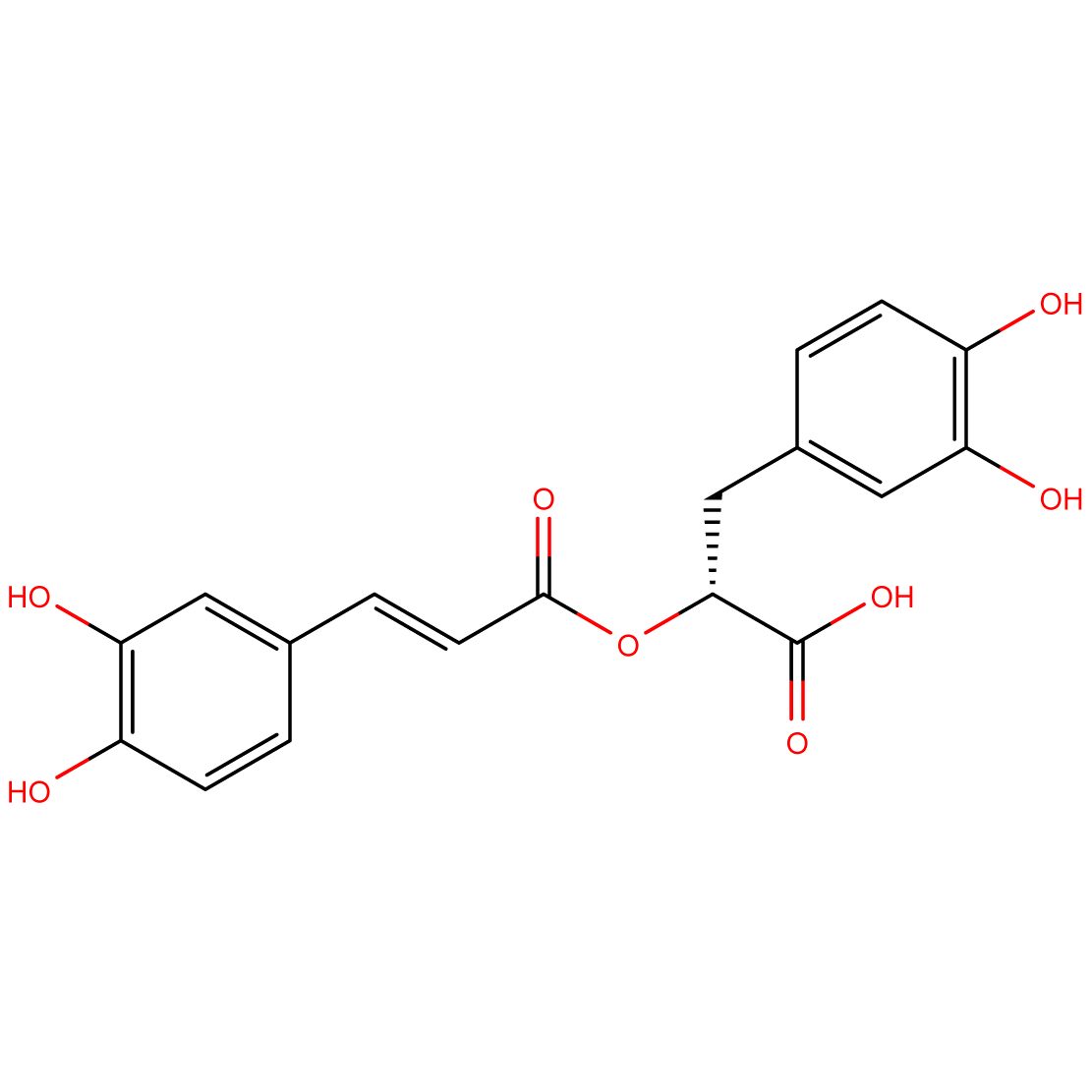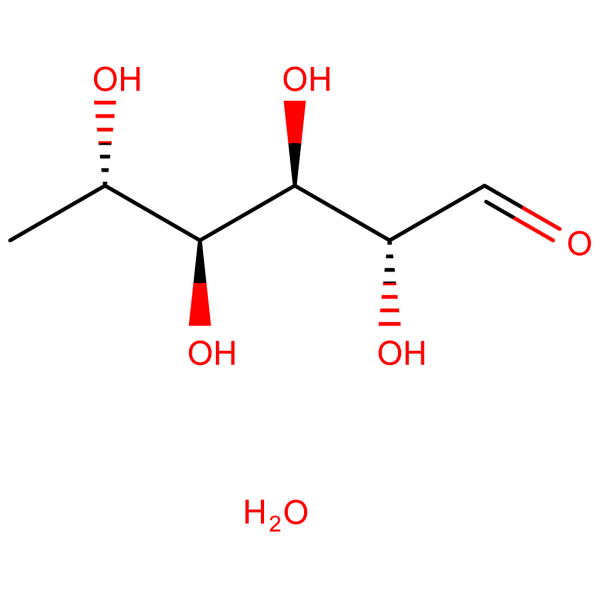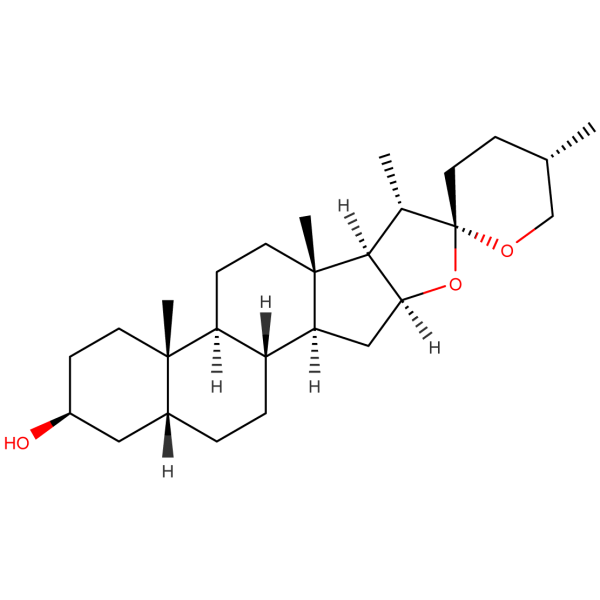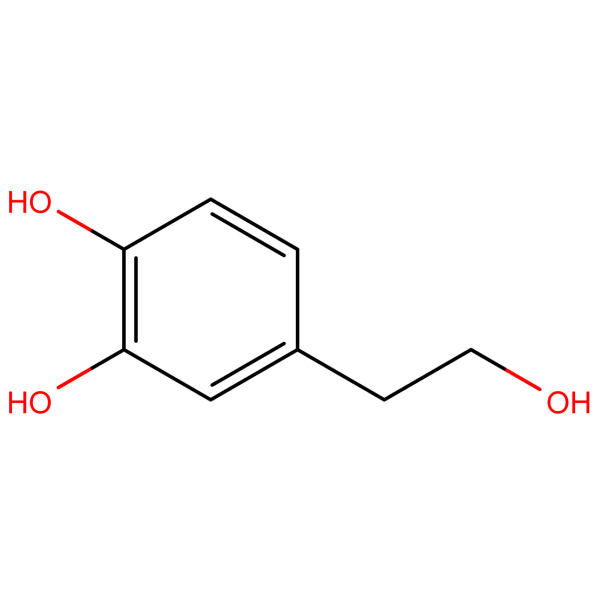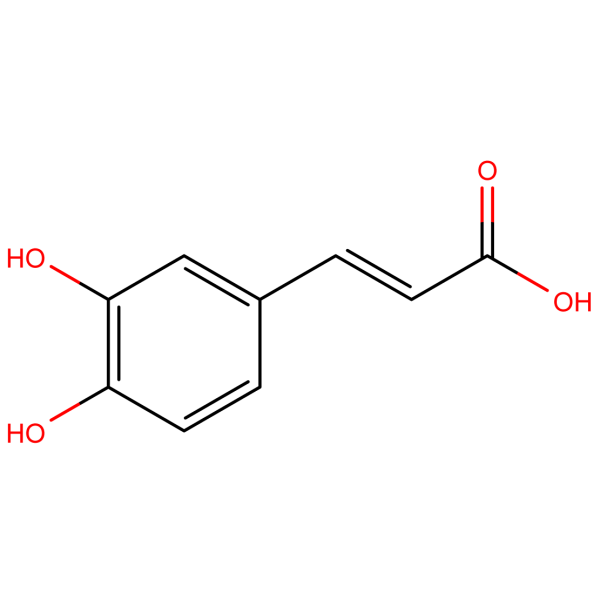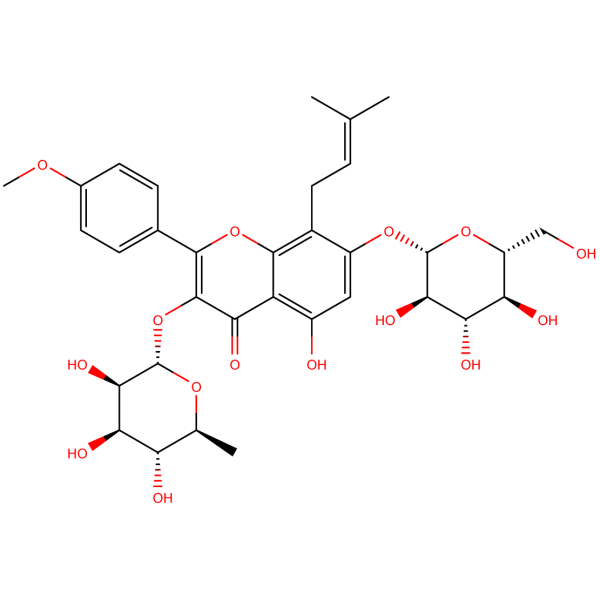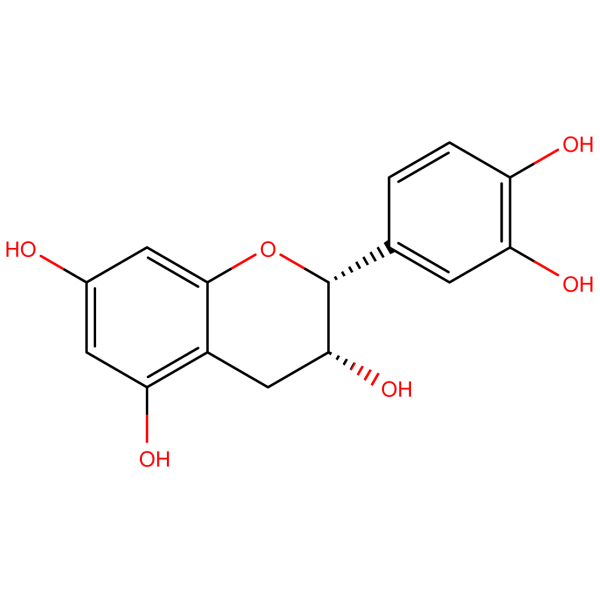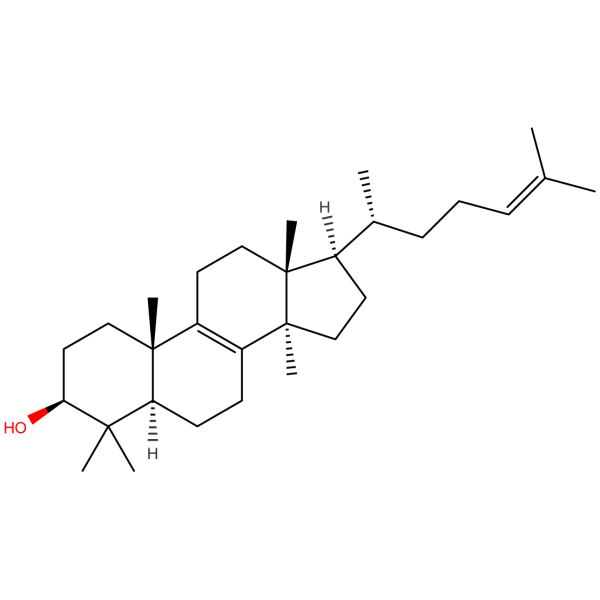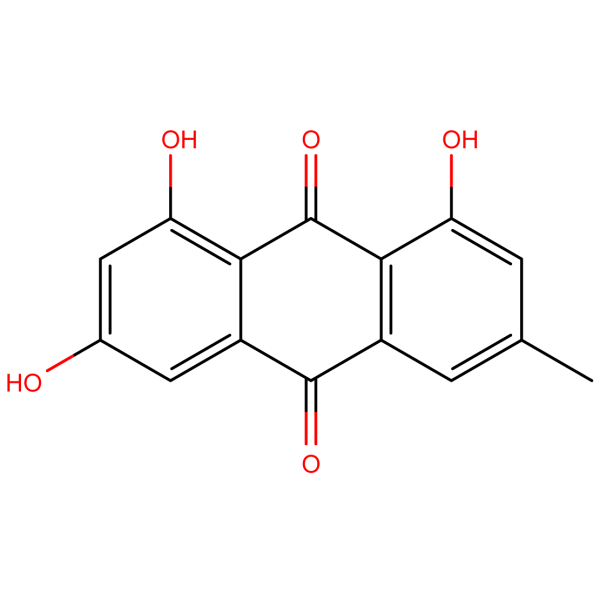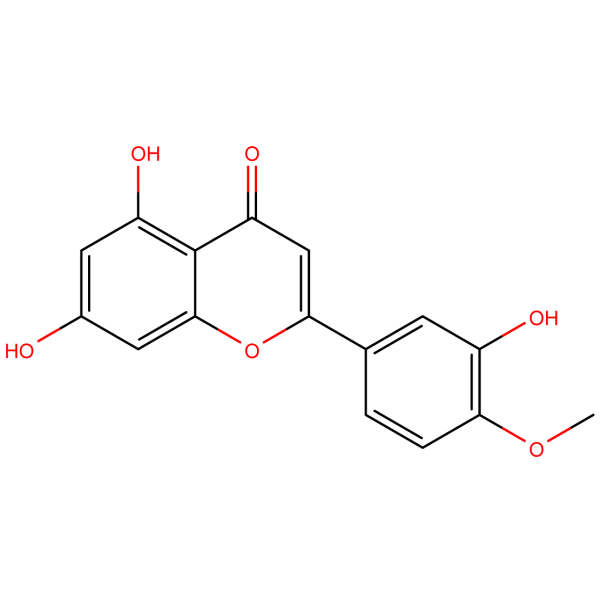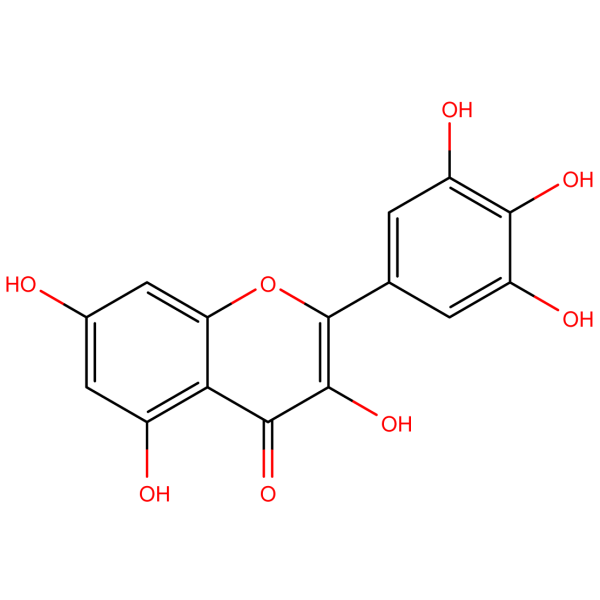Rosmarinic acid: Potent Phenolic Compound for Advanced Biomedical Research
1. Molecular Identity
- Chemical Name: (2R)-3-(3,4-Dihydroxyphenyl)-2-[(E)-3-(3,4-dihydroxyphenyl)prop-2-enoyl]oxypropanoic acid
- CAS Number: 20283-92-5
- Molecular Formula: C18H16O8
- Source: Naturally occurring in various plants, including rosemary, sage, and mint
2. Biochemical Significance
Rosmarinic acid is a phenolic compound with diverse biological activities. Its unique molecular structure contributes to its potent antioxidant, anti-inflammatory, and neuroprotective properties, making it a compound of significant interest in pharmaceutical research and natural product studies.
3. Key Properties of Rosmarinic acid
- Antioxidant: Exhibits strong free radical scavenging ability
- Anti-inflammatory: Demonstrates potential to modulate inflammatory pathways
- Neuroprotective: Shows promise in protecting neuronal cells
- Antimicrobial: Indicates efficacy against certain pathogens
4. Potential Research Applications
- Oxidative stress and aging studies
- Neurodegenerative disorder investigations
- Inflammatory condition research
- Antimicrobial and antiviral studies
5. Current Research Focus
Ongoing studies are investigating Rosmarinic acid’s effects on:
- Cellular antioxidant defense mechanisms
- Neuroinflammatory processes in brain disorders
- Inflammatory signaling pathways in various tissues
- Potential applications in skin protection and wound healing
6. Formulation Challenges and Innovations
Researchers are actively working on:
- Enhancing bioavailability through novel delivery systems
- Developing stable formulations for various applications
- Creating synergistic combinations with other natural compounds
7. Regulatory Considerations
Rosmarinic acid (CAS 20283-92-5) is primarily used in research settings and as a component in some dietary supplements. Its development for specific therapeutic applications would require comprehensive safety and efficacy evaluations to meet regulatory standards.
8. Future Research Directions
The scientific community anticipates:
- Advanced clinical trials for neurodegenerative and inflammatory disorders
- Exploration of Rosmarinic acid’s potential in topical formulations
- Investigation of its mechanisms of action at the molecular level
9. Collaborative Opportunities
We invite neurologists, dermatologists, pharmacologists, and academic institutions to explore the research potential of Rosmarinic acid. For inquiries, collaborations, or to discuss how this compound can benefit your research projects, please contact us at sales@nstchemicals.com.
Join us in advancing biomedical research with Rosmarinic acid – a powerful phenolic compound at the forefront of natural product-based therapeutic strategies.

